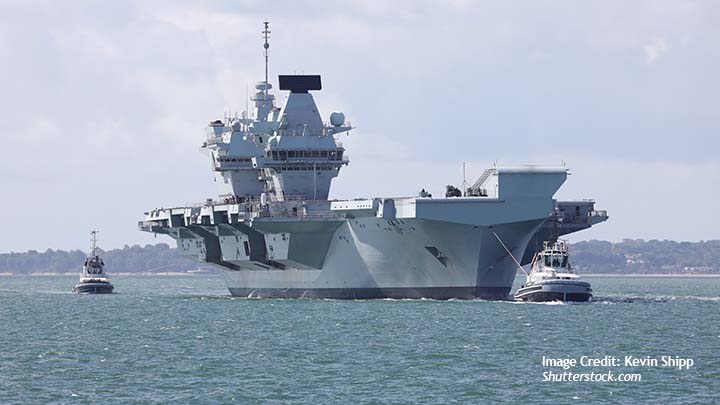How Ukraine Has Reconfigured the EU’s Indo-Pacific Ambitions

Jagannath Panda
Introduction:
The crisis in Ukraine is already having multiple repercussions across the world beyond its grave humanitarian impact. Geopolitically, it has already exposed the fault lines among allies (e.g., India versus the other Quadrilateral Security Dialogue, or Quad, states); highlighted the unwitting coming together of rivals, namely India and China albeit through strategic silence; reduced the credibility of the United States and the North Atlantic Treaty Organization (NATO) in stopping an unnecessary invasion or in de-escalating tensions; and spurred unprecedented unity in Europe. Besides, the European Union’s (EU) recent approval of a Strategic Compass, ahead of the adoption of the latest NATO Strategic Concept likely in June (Madrid summit), is a late but welcome military and strategic shift for European security policy.
Notably, the EU Strategic Compass has a wide ambit: it is not limited to the EU or NATO members but has global and transatlantic security ambitions. To what extent will Brussels’ new bolstered global security outlook, in concert with the recently released Global Gateway strategy, targeting China’s Belt and Road Initiative (BRI), impact the Indo-Pacific security landscape? Has the Ukraine crisis dulled the urgency of the EU’s goal of strategic autonomy, which had found new momentum post the AUKUS (Australia-UK-US security pact) fiasco? Will the EU’s initiatives counteract the already established NATO mechanism, which was in pursuit of a similar global sphere of influence?
You can read the full article on The National Interest’s website.
Related Publications
-
Navigating the Indo-Pacific: How Australia and the EU Can Partner for Peace, Stability, and Prosperity
To navigate the choppy waters of the Indo-Pacific, the EU and Australia must be on the same wavelength regarding shared interests in rules, values, and an open and liberal economic […]
-
Maldives Walking Tight Rope between India and China
Like all the South Asian small states, the Maldives has been subjected to great power politics. There are five principles of Maldives’ foreign policy (mostly reciprocating with India’s ‘Panchsheel’) and […]
-
Needed, a Framework to Protect Undersea Cables
In the data-driven world we live in, submarine cables are the arteries that connect nation-states and their people in literally every human activity, including trade, commerce, entertainment, and social interactions. […]
-
India-Middle East-Europe Economic Corridor: Will It Get Subsumed by Its Grand Vision?
The recently concluded Group of Twenty (G20) Summit in New Delhi under India’s presidency was, undoubtedly, a crowning moment for India. From providing the G20 with new relevance among the […]
-
Understanding EU Relations with China and Taiwan in the Indo-Pacific: An Interview with Dr. Zsuzsa Anna Ferenczy
In the context of growing tension in Cross-Strait relations and rethinking European strategies in the Indo-Pacific post-COVID-19, ISDP intern Foster Cunliffe sat down with Dr. Zsusza Ferenczy to shed light […]




